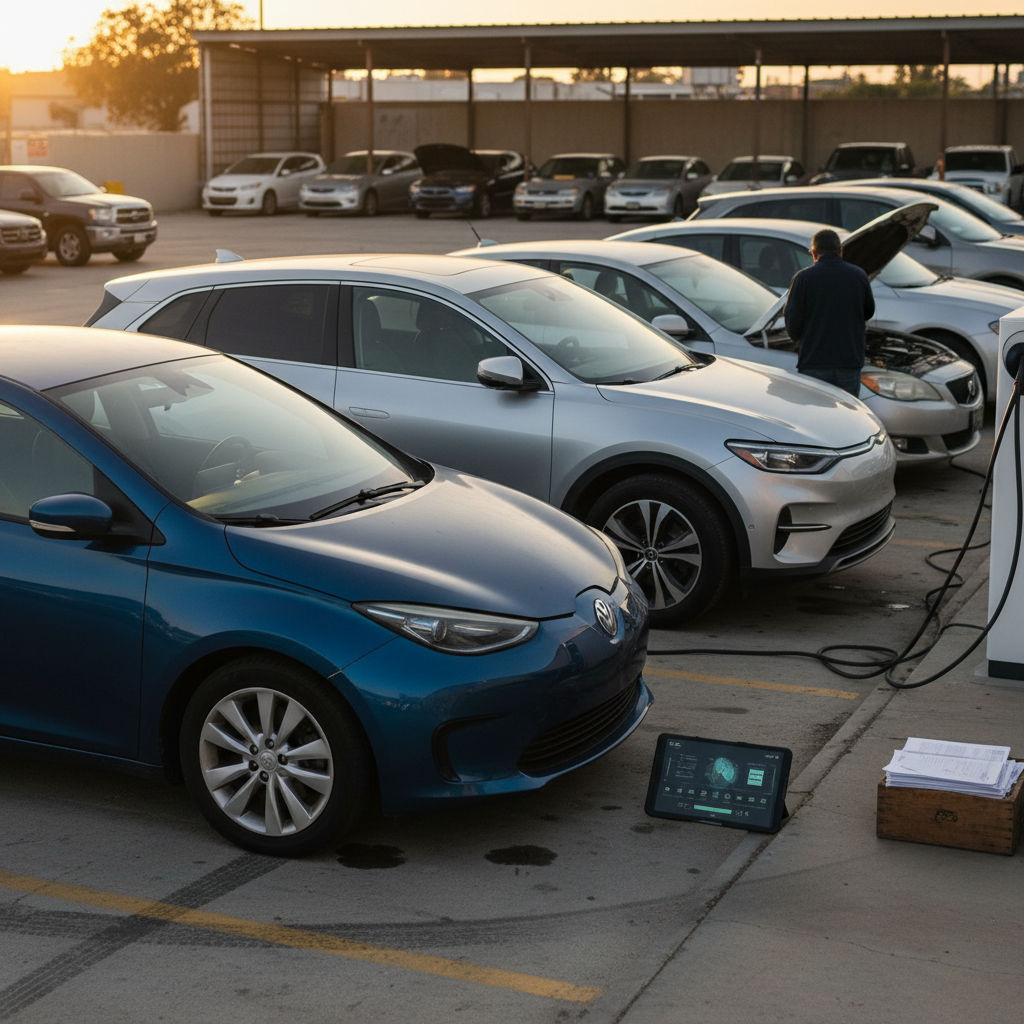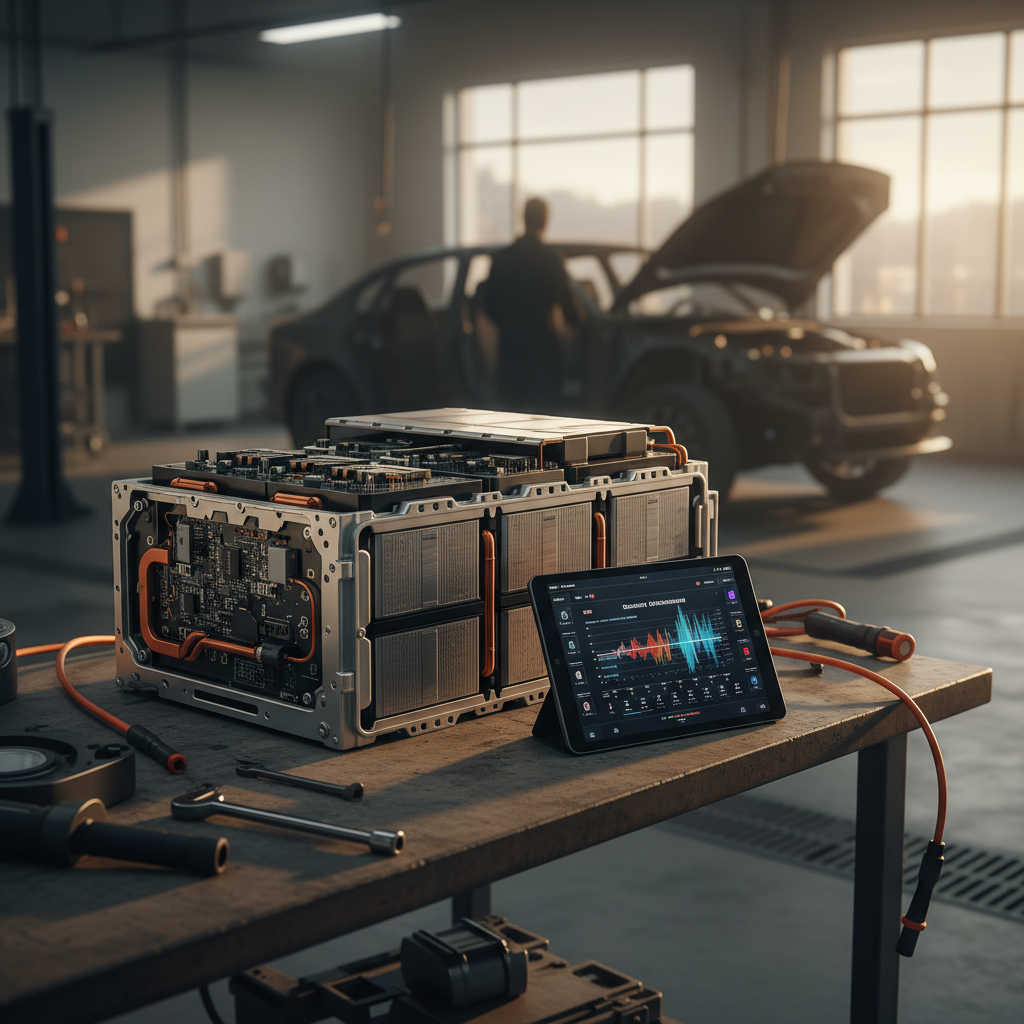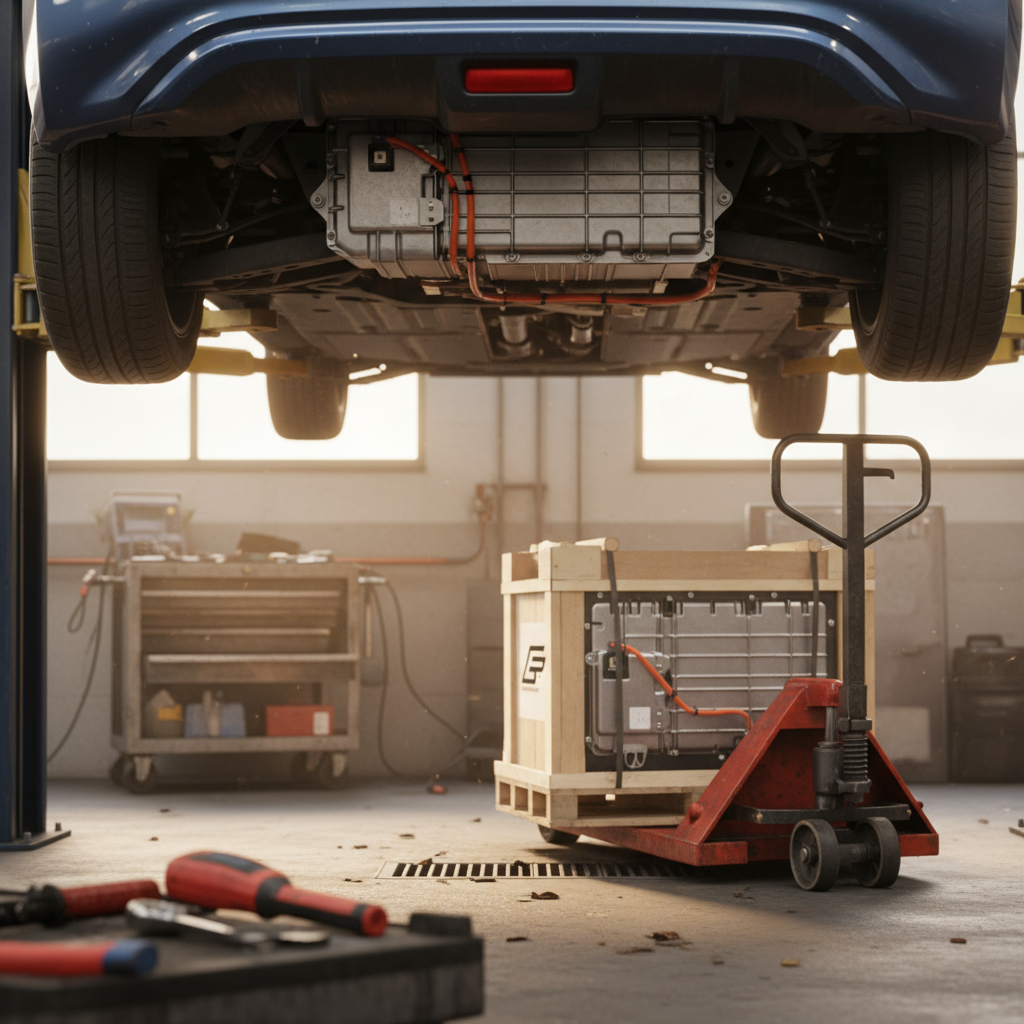If you’re wondering what is the best 2nd hand car to buy, you’re not alone. Prices are still higher than they were pre‑2020, electric vehicles are suddenly affordable on the used market, and every ad claims to be a “great deal.” The real answer is a little more nuanced: the best second‑hand car is the one that fits your life, your budget, and your appetite for risk, backed by hard reliability data, not guesswork.
Why 2025 is a sweet spot for used cars
How to think about the “best” 2nd hand car
Before we get into specific models, it helps to define what “best” actually means for you. For most people, the ideal second‑hand car balances four things: reliability, total cost of ownership, practicality (space, comfort, safety), and how you use it, short commutes, long highway drives, road trips, or city errands.
Four ways to define “best” in a 2nd hand car
Decide what matters most before you shop
Most reliable
Best value
Best for commuting
Best future‑proof pick
Start with your monthly number
Quick picks: best 2nd hand cars by type
Top second‑hand picks at a glance
We’ll break these down in more detail, but if you just need a short list, you can’t go far wrong starting with those nameplates, then narrowing by budget, mileage, and condition.
Best used gas cars for reliability and value
If you want the least drama for the longest time, a simple gasoline car from a historically reliable brand is still a smart second‑hand buy. Independent reliability rankings in 2025 consistently put Subaru, Lexus, Toyota, Honda, Mazda, and Acura near the top, and their compact sedans and crossovers are standouts for used‑car shoppers.
Standout used gas cars to target
These models balance reliability, affordability, and everyday usability.
| Model | Why it’s a smart 2nd hand buy | Typical sweet‑spot years* | Ideal buyer |
|---|---|---|---|
| Toyota Corolla | Legendary reliability, cheap parts, excellent fuel economy. | 2016–2021 | Commuters, new drivers, anyone who wants near‑zero drama. |
| Honda Civic | Fun to drive, efficient, and durable with proper maintenance. | 2016–2021 | Drivers who want a little more personality without sacrificing reliability. |
| Honda Fit | Tiny on the outside, huge inside, and extremely long‑lived. | 2015–2020 | City drivers, students, and people who value space and simplicity. |
| Toyota Camry | Comfortable, quiet, and capable of very high mileage. | 2015–2020 | High‑mileage highway drivers and families wanting a roomy sedan. |
| Toyota RAV4 / Honda CR‑V | Two of the most reliable compact SUVs on the road. | 2015–2020 | Families and outdoor types who need cargo room and all‑weather assurance. |
Always verify condition and maintenance history, no list can override a neglected example.
Don’t buy just by the badge
Best used hybrids for efficiency and longevity
Hybrids used to scare people, everyone worried about replacing a massive battery. After more than two decades on the road, they’ve proved their point: the right hybrid can easily run well past 200,000 miles, while saving you thousands at the pump.
Used hybrids that make excellent second‑hand buys
Great mpg, strong track records, and everyday comfort
Toyota Prius
Toyota Camry Hybrid
Honda Accord Hybrid
Hybrid vs non‑hybrid: what changes
Best used electric cars to buy in 2025
Now for the fun part: electric. Used EVs are one of the most interesting corners of the second‑hand market right now. They tend to depreciate faster than gas cars over the first five years, which sounds bad if you bought new, but it’s great news if you’re shopping used. You can often pick up a low‑mileage EV for the price of a well‑used gas crossover.

Used EVs that stand out as smart buys
Strong range, modern tech, and steep first‑owner depreciation make these attractive second‑hand choices.
| Model | Why it’s a strong 2nd hand pick | Typical used price range* | Best for |
|---|---|---|---|
| Kia Niro EV | Excellent value: big price drop from new, solid range around 200+ miles, practical crossover body. | ≈$12,000–$22,000 | Buyers who want a roomy, efficient EV at a budget‑friendly price. |
| Tesla Model 3 (RWD/Long Range) | One of the longest‑range used EVs available, with access to Tesla’s fast‑growing Supercharger network via NACS. | ≈$18,000–$30,000 | Drivers who road‑trip or rely on fast charging and want strong software support. |
| Hyundai Ioniq 5 | Sharp design, fast DC charging, and a comfortable cabin; benefits heavily from depreciation on the used market. | ≈$24,000–$35,000 | Families and commuters who want modern tech and very quick DC fast charging. |
| Chevrolet Bolt EV / EUV | Compact, efficient, and often very affordable after incentives, with 200+ miles of range in later years. | ≈$10,000–$22,000 | City drivers and short‑to‑medium commuters who value efficiency over size. |
| Volkswagen ID.4 | Spacious cabin, comfortable ride, and competitive range; often priced well below comparable new crossovers. | ≈$20,000–$32,000 | Small families moving out of compact sedans into their first electric SUV. |
Exact prices vary by mileage, condition, incentives, and region, use this as a directional guide, not a quote.
Why a used EV can be a bargain
But don’t ignore battery health
How Recharged helps with used EVs
How to choose the right 2nd hand car for you
Step 1: Be honest about your driving
If you mostly drive short daily trips and can charge at home or work, a used EV or hybrid may be your lowest‑cost option. If you regularly drive 300+ mile highway legs in rural areas, a fuel‑efficient gas or hybrid model might still be less stressful.
- Estimate your true weekly mileage.
- Note how often you take long road trips.
- Check charging options near home and work.
Step 2: Decide how long you’ll keep it
If you plan to keep a car just 3–4 years, depreciation matters more than ultra‑long‑term reliability. If you want to run a car into the ground for 8–10 years, focus on brands and models with proven longevity, even if they cost a little more today.
- Short term: look for great deals and strong current tech.
- Long term: prioritize simple, proven powertrains and brands.
Quick checklist to narrow your search
1. Set a realistic all‑in budget
Include the purchase price, taxes and fees, insurance, fuel or electricity, and expected maintenance. If you’re financing, focus on the monthly payment you’re comfortable with, not the dealer’s “maximum you qualify for.”
2. Decide gas, hybrid, or EV
If you have home charging and mostly predictable driving, a used EV is tough to beat on running costs. If you’re on the fence, a hybrid is an easy middle ground with fewer lifestyle changes.
3. Pick two body styles that work
Don’t shop every shape on the lot. Decide whether a compact sedan, hatchback, or small SUV fits your life, those categories contain most of the best second‑hand buys.
4. Make a must‑have safety list
Features like automatic emergency braking, blind‑spot monitoring, and adaptive cruise control become more common from about 2017 onward. Decide which are non‑negotiable for you.
5. Plan your ownership timeline
If you know you’ll only keep the car for a few years, focus on vehicles that hold value reasonably well. If you’ll keep it longer, small differences in resale matter less than durability.
Inspecting a used car: what really matters
Whether you’re buying a gas car, hybrid, or EV, there are a few universal rules for avoiding headaches. A clean title, clear history, and an independent inspection will tell you more than any glossy ad ever will.
- Always pull a vehicle history report (Carfax, AutoCheck, or equivalent) to check for accidents, flood damage, odometer tampering, or branded titles.
- Walk away from cars with unclear titles, multiple serious accidents, or flood history, no matter how tempting the price.
- Get a pre‑purchase inspection from a trusted independent mechanic, or an EV specialist for electric cars.
- For hybrids and EVs, ask specifically for battery diagnostics or a health report, not just a quick road test.
- Check for regular oil changes, fluid services, and recall work in the maintenance records. A boring history is a good thing.
Red flags that should make you walk
“A good used car should feel like a well‑worn pair of jeans: broken in, but not broken down.”
Financing, trade‑ins, and where to buy safely
The right car at the wrong price, or with the wrong financing, stops being a good deal. Where you buy, and how you structure the deal, matters almost as much as which model you choose.
Where to shop for a second‑hand car
Pros and cons of each option
Franchise or independent dealers
Cons: Added fees, pressure tactics at some stores, read every line of the contract.
Online marketplaces
Cons: Quality varies; you still need inspections and to verify photos match reality.
Purpose‑built used EV platforms
Cons: Mostly electric vehicles, great if that’s what you want, less useful if you’re set on a gas truck.
How Recharged fits in
Smart financing and trade‑in moves
1. Get pre‑qualified before you shop
Knowing your real approval range and rate keeps you in control when you’re comparing cars. You don’t have to use the first offer a dealer shows you.
2. Compare rates and term lengths
A longer loan lowers your monthly payment but increases total interest. Aim for the shortest term that still fits your monthly budget comfortably.
3. Treat your trade‑in as a separate deal
Whether you’re selling privately, getting an instant offer, or trading in, know roughly what your car is worth before you step onto a lot or click “buy.”
4. Watch the fees
Documentation, delivery, and add‑on fees can quietly add hundreds of dollars. Ask for an itemized breakdown and push back on anything you don’t understand or want.
FAQ: choosing the best 2nd hand car to buy
Frequently asked questions
Bottom line: the “best” 2nd hand car is the one that fits your life
There’s no single magic answer to the question, “What is the best 2nd hand car to buy?” For some people, it will be a nearly indestructible Corolla or Civic. For others, it’s a Toyota Prius that slices fuel bills in half, or a used Kia Niro EV or Tesla Model 3 that turns every commute into a quiet, low‑cost glide. What matters is matching the car to your driving, your budget, and your comfort with new technology, and then backing that decision with good data and a proper inspection.
If an EV is on your shortlist and you’d like help decoding battery health, incentives, and charging, Recharged was built for exactly that. You can browse used EVs with transparent Recharged Score reports, get expert guidance from first click to final signature, and have your next car delivered to your driveway. However you choose to buy, go in informed, take your time, and remember: the right 2nd hand car should make your life easier, not more complicated.



